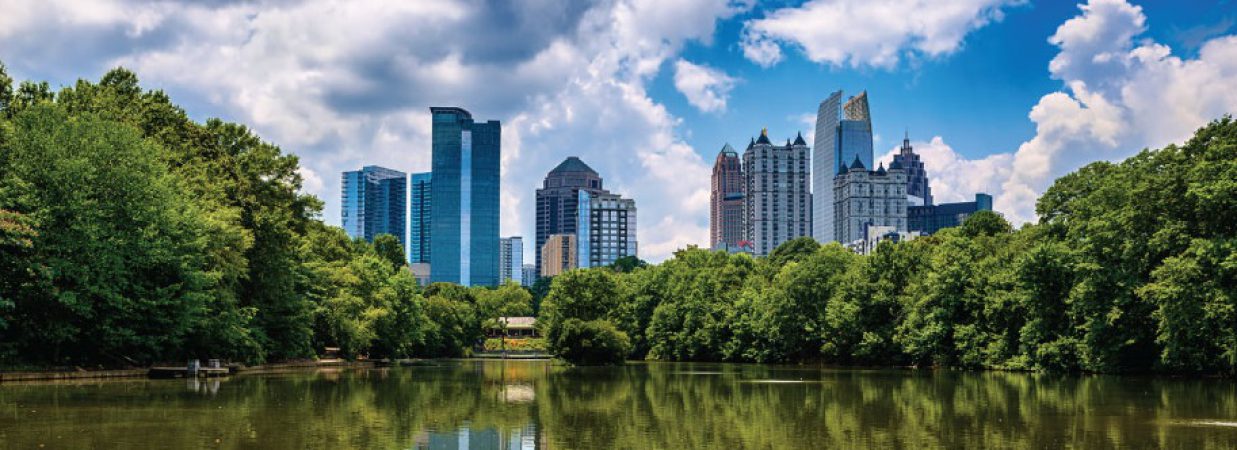Overview

Clean Water Atlanta Overview
In 1995, the United States Environmental Protection Agency (EPA), the Georgia Environmental Protection Division (EPD), the Upper Chattahoochee Riverkeeper and a citizen downstream filed a lawsuit against the City of Atlanta. This lawsuit alleged that the combine sewer overflow (CSO) improvements were inadequate to comply with new federal and state water quality standards. The City negotiated with the lawsuit plaintiffs and the U.S. Department of Justice. As a result, in 1998 Mayor Bill Campbell signed a Federal Consent Decree, which committed the city to an accelerated program of activities designed to improve water quality and eliminate water quality violations from CSOs by 2007.
In 1999, the Consent Decree was modified, adding projects that required the City to address water quality violations from sanitary sewer overflows (SSOs), Water Reclamation Centers and pump stations by 2014. The City accelerated the ongoing sewer improvements, which included an intensive evaluation of sewer pipe conditions; rehabilitation or replacement of defected or capacity limited sewer lines; a grease management program; and a capacity certification program for new development.
In 2002, after Mayor Shirley Franklin took office, her and the City of Atlanta adopted the name “Clean Water Atlanta” in order to focus program efforts on the goal of Clean Water.
